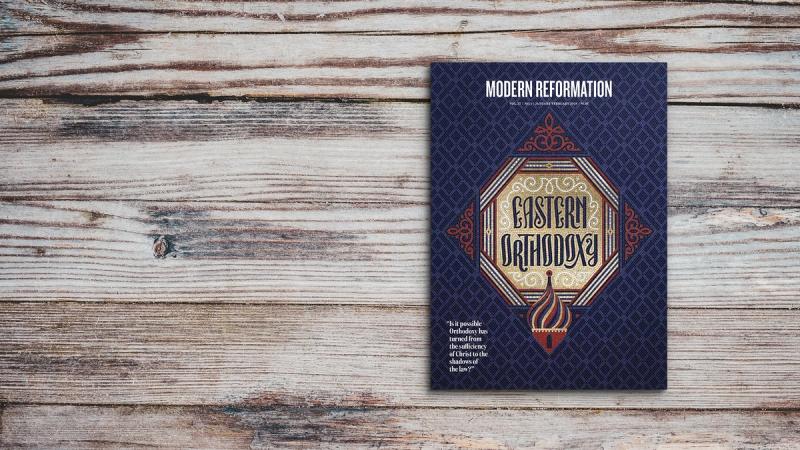I grew up attending an evangelical Bible church of the fundamentalist variety. While it was evident that the members of my childhood congregation genuinely loved God and were devoted disciples of the truth as they understood it, I wondered why the faith of my youth felt insulated, even emphatically isolated at times, from the rest of Christianity at large. Exposure to the Reformed tradition through classical Christian schooling played an important role in challenging my theological paradigm so that by the time I graduated high school, I found temporary shelter under the more historic umbrella of Reformed Christianity. Nevertheless, I had questions about what exactly transpired between the first century and 1517 A.D.
When I got to college, I attended a Presbyterian church on Sunday mornings and a Catholic campus ministry mass on Sunday evenings. My theological paradigm was still Protestant, but I began yearning for rich, liturgical worship in addition to the truth about historic Christianity. Before long, I encountered Eastern Orthodoxy and instinctually exhaled a sigh of relief. I was home. General dissatisfaction with evangelicalism initially fueled my quest for something more historical, liturgical, and sacramental. Although I experienced a taste of these elements within the Reformed and Roman Catholic traditions, I ultimately came to believe that the fullness of Christianity lies within the Orthodox Church.
Evangelical narrative of church history left me dissatisfied. What happened between the apostolic era and the dawn of the Reformation? Evangelicals attest that the early church rapidly fell into heresy and did not recover until Martin Luther rescued her from the hands of Roman Catholicism almost fifteen hundred years later. Reformed tradition might be more generous to the early church, but still takes significant pause at what transpired between Jerusalem and Geneva. Orthodox Christianity claims that Christ’s church has been here all along, alive, and intact. Orthodoxy is “right belief” and “right worship” preserved by apostolic succession. In other words, the right people must protect the faith (via unbroken communion), and the right faith must be protected (Orthodox belief and worship). Jesus Christ established one church and promised that “the gates of hell will not prevail against it.”
Evangelical worship left me dissatisfied. All churches inevitably adhere to a worship template or structure, but most evangelicals dismiss liturgical worship as dry or “canned”, contending that prayer must be extemporaneous if it is to be sincere. Other Protestant traditions adopt elements of liturgical practice but still miss out on the full cycle of ancient services saturated in Scripture as well as the spiritual benefits of fasting and feasting throughout the liturgical year. The Orthodox Church worships the Lord in beauty and holiness in the company of His saints and angels. Since salvation is rooted in the Incarnation and culminates with transfigured creation, our encounter with God through worship naturally includes body, mind, and spirit. In my experience, it is much easier to pray surrounded by iconography, candles, incense, and Byzantine chant than four whitewashed walls and a projector screen.
Evangelical sacraments left me dissatisfied. My childhood church taught that baptism and communion are two purely symbolic ordinances with no real spiritual impact. The elements are not physical vehicles of divine grace, and the Lord’s Supper is a commemorative meal rather than life-giving bread and wine. The Orthodox Church professes that all of life is a sacrament in Christ who imbues every part of creation with the grace of the Holy Spirit. In particular, Orthodoxy is centered on one sacrament – the Eucharist – which is the “Sacrament of Sacraments” and the “already but not yet” heavenly banquet of the kingdom of God. In Holy Communion we partake of the mystical body and blood of Christ, the Eternal Passover Lamb, who transforms us into new creatures and unites us unto Himself. This is the healing of our soul and body, and this is why I exited from evangelicalism to Orthodox Christianity.
This article originally appeared in the March/April 2012 issue of Modern Reformation.





